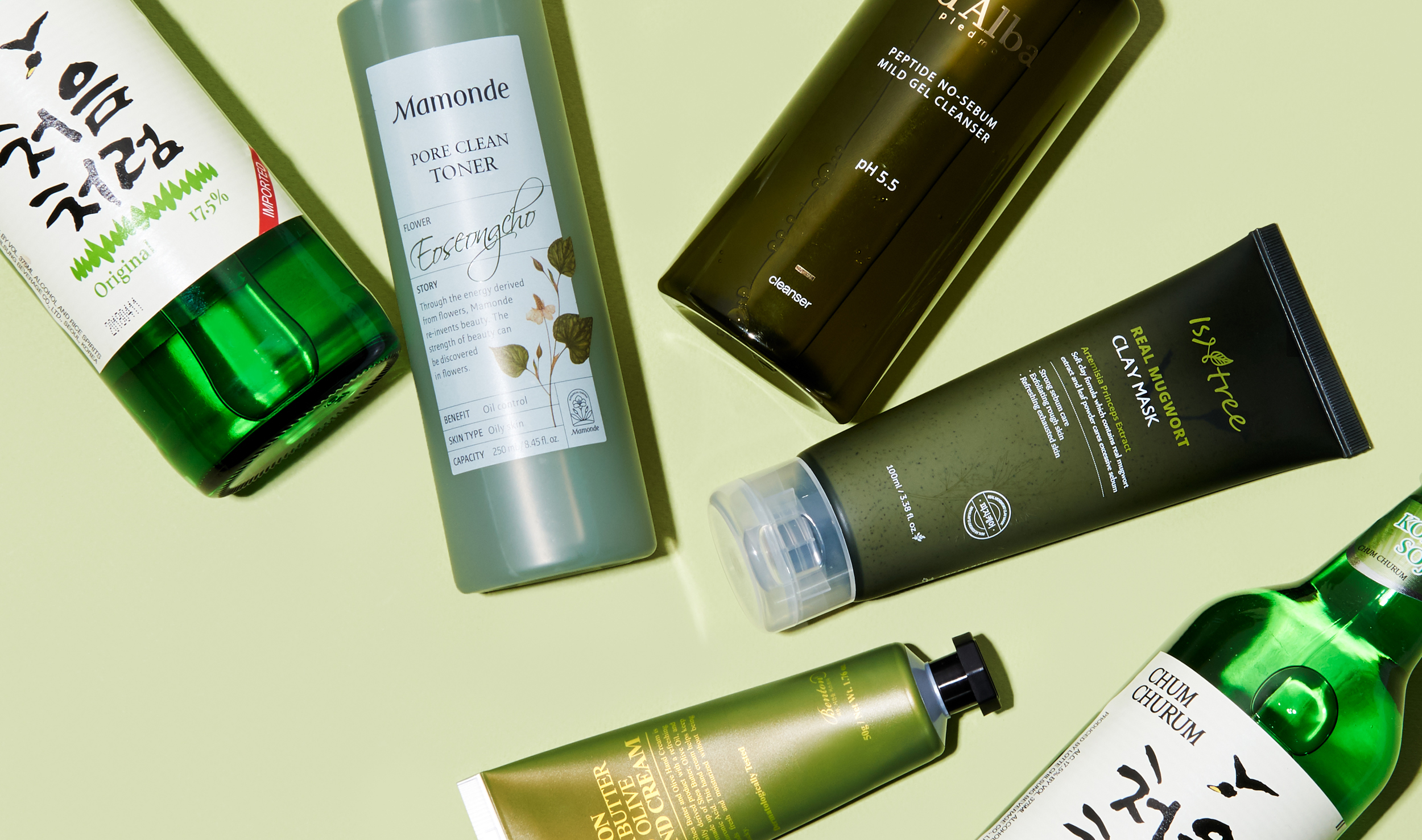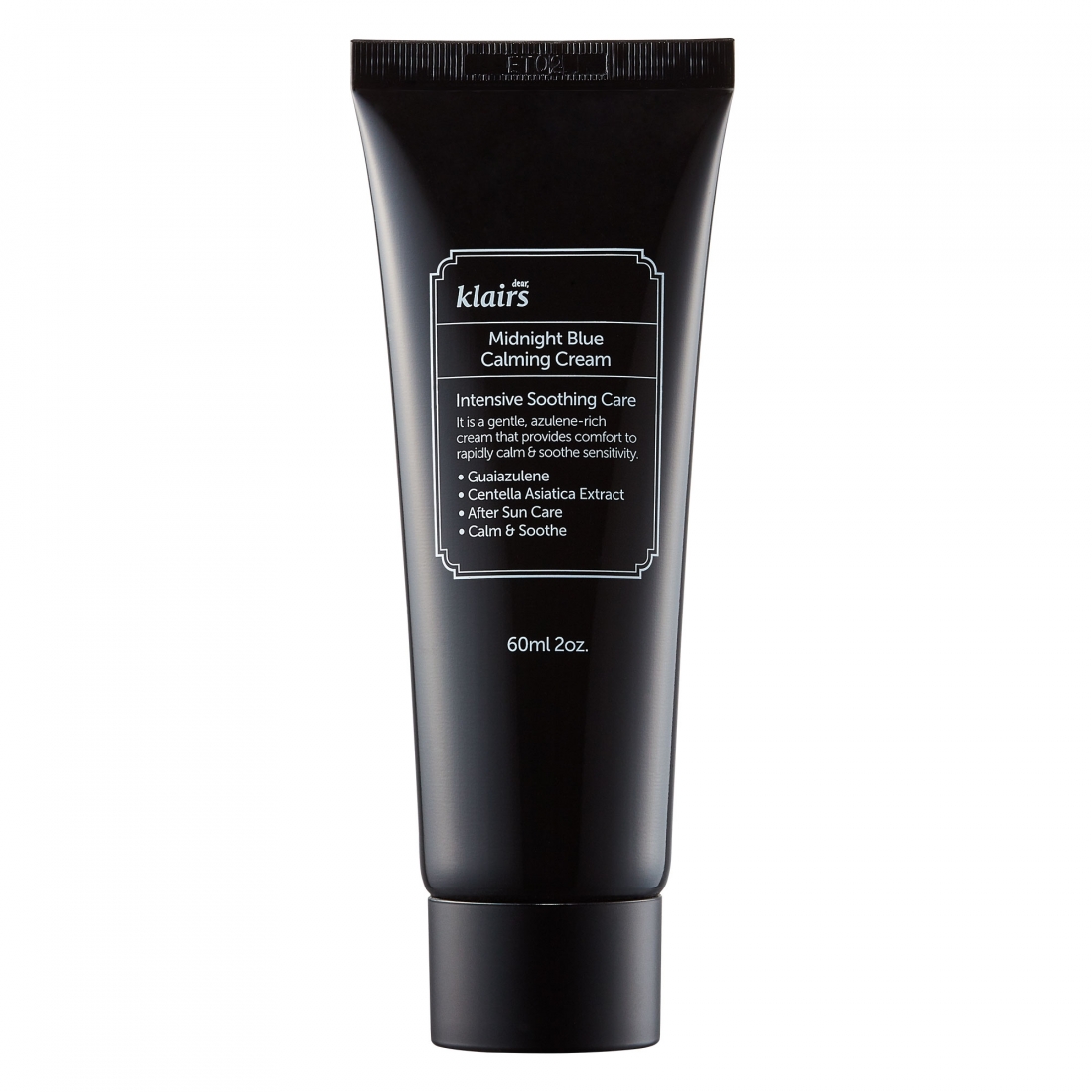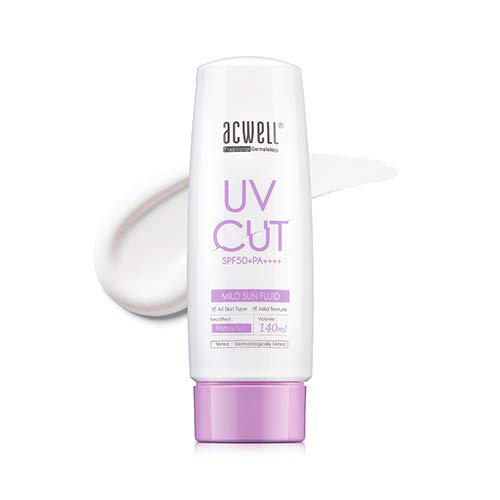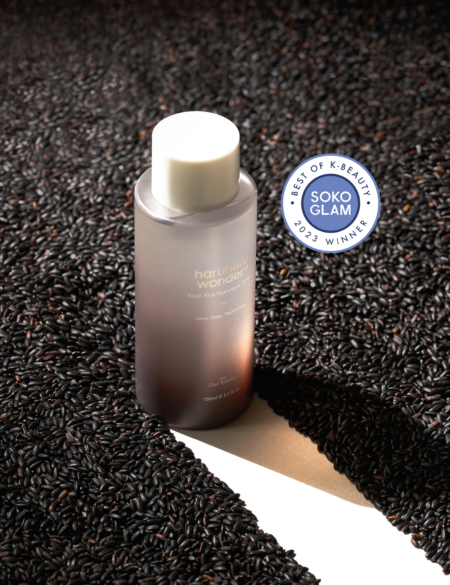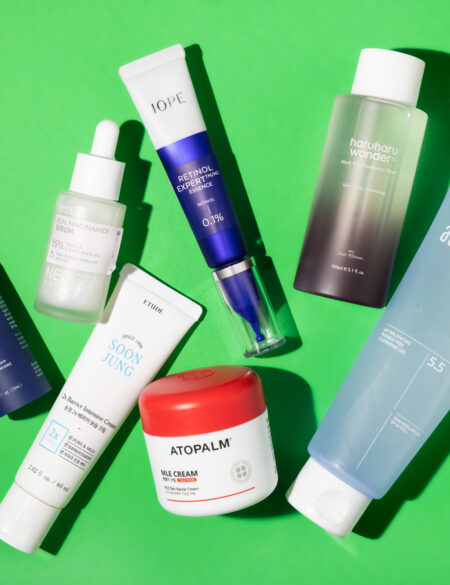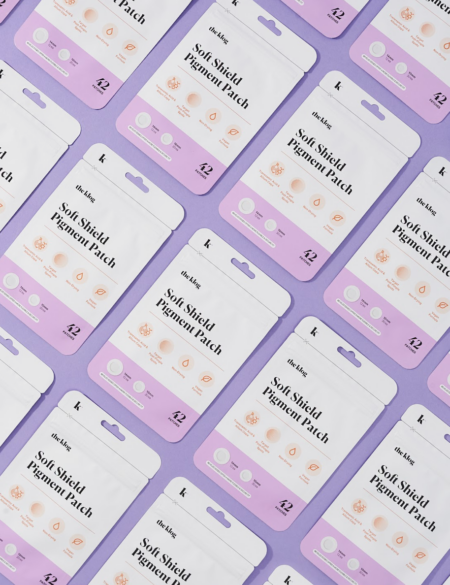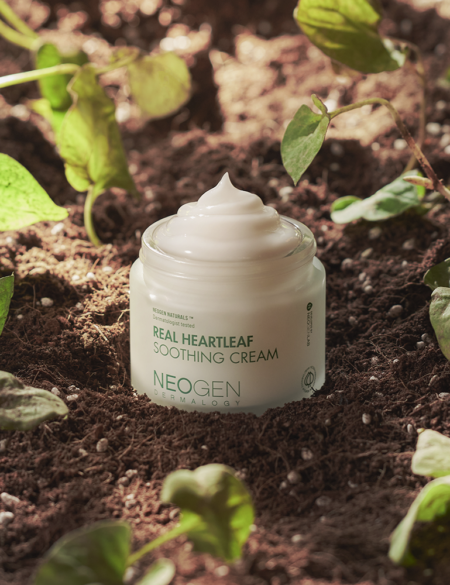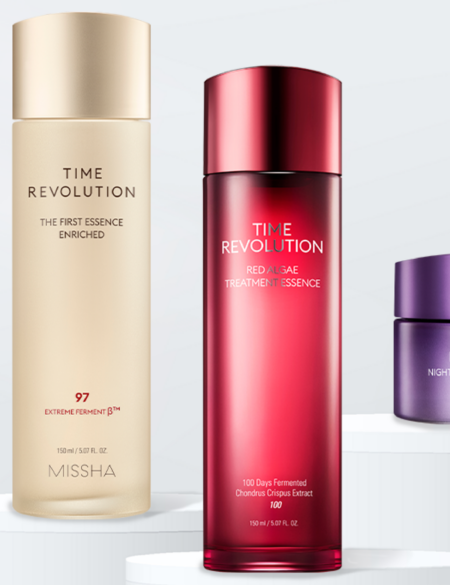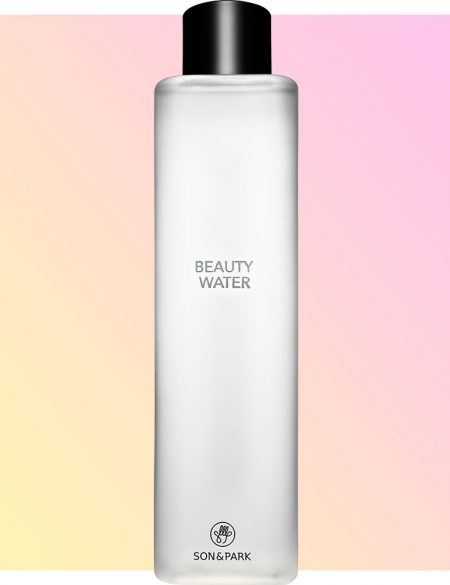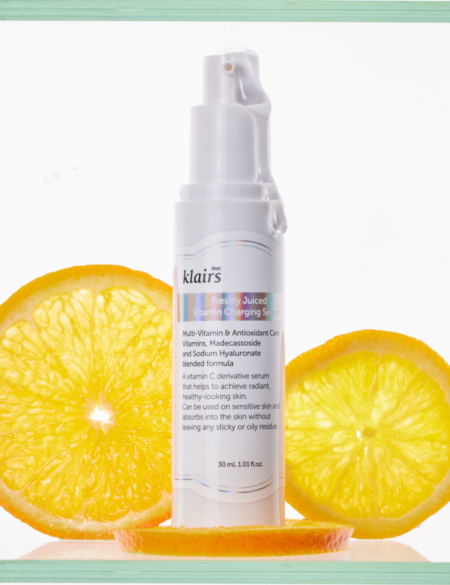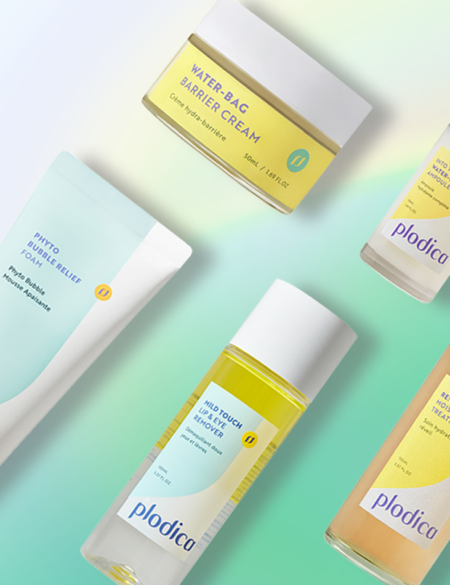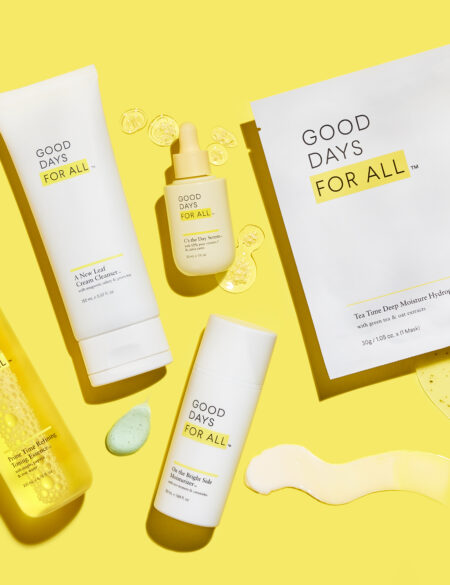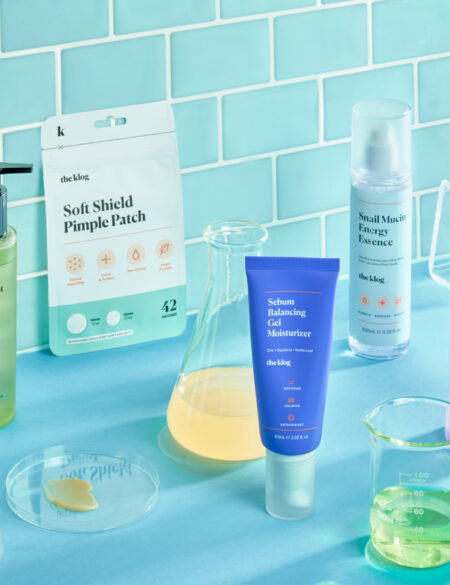Have you ever wondered how food affects your skin? Whether it be carbs, sugar, dairy, and alcohol, your diet can significantly affect your skin health. Read on to find out which foods you should consider eliminating from your diet to improve your skin.
From puberty, we’re told to watch out for certain foods because they’ll give us blemishes, and as we get older, the comments and advice don’t stop. Anyone who has ever struggled with persistent breakouts has probably heard from some well-meaning acquaintance that “drinking lots of water!” helped cure their own skin woes. And while helping yourself to a couple of slices of cheesy pizza won’t have you waking up with an oily complexion the very next day, it’s actually true that the foods we eat can directly relate to how our skin looks, not only in the day-to-day but in the long term as well.
“For years there were beliefs that certain foods could worsen acne and cause flareups, and now there are many actual studies that have shown a link between diet and acne,” says Kally Papantoniou, a dermatologist in Great Neck, New York.
RELATED: From the Outside, In: Benefits of Superfoods in Skin Care
What are these foods that we should be watching out for and how might they be affecting our skin?
Refined carbohydrates and sebum (oil) production
Papantoniou suggests avoiding “foods such as white breads, pastas, white rice and white potatoes.” The reasoning behind this is that these foods have a high glycemic index, which can lead to higher glucose and insulin levels.
What does this have to do with your skin, though? Elevated levels of insulin can cause an overproduction of sebum, leading to an oily complexion and acne breakouts. Studies have shown that a low-glycemic diet results in an improvement of acne over time, less inflammation, and reduced size of sebaceous glands, and that those who were raised in non-Westernized populations were less likely to have issues with acne because their diets were typically on the lower end of the glycemic index.
Alcohol and rosacea
There’s nothing wrong with enjoying a cocktail or two with your dinner, but studies are now showing that the risk of rosacea—redness and flushing on the face and neck—increases with consumption of alcohol. Why? Some believe alcohol can weaken the immune system, resulting in inflammation, as well as causing a widening of blood vessels. Wine in particular was shown to cause symptoms of rosacea.
If you have issues with rosacea and redness flareups, try reducing your alcohol consumption, and for an extra soothing boost, smooth on the Klairs Midnight Blue Calming Cream. It contains guaiazulene extracted from camomile oil that’s known for its powerful soothing properties. It’ll help reduce redness and irritation for smoother, calmer skin.
Sugar and premature aging
The key to youthful skin is healthy collagen and elastin, but certain skin-enemies can break these down faster than we would like. Ingesting sugar, in particular, can irreparably damage skin in a process known as cross-linking. Essentially, glucose and fructose work to link the amino acids in collagen and elastin, which leaves the collagen fibers hard, stiff, and unable to repair themselves.
Since cross-linking is unrelated to your DNA and genetics, it is entirely avoidable and dependant on your diet and lifestyle. Lessening your intake of sugars is a big step in avoiding cross-linking, as well as avoiding free-radicals like UV light, smoke, and pollution. Try pairing your sugar-reduced diet with a great K-beauty SPF to improve your chances of avoiding collagen breakdown from cross-linking.
The UV Cut SPF 50+PA++++ Mild Sun Fluid sunscreen is fomulated with a patented ingredient that soothes and repairs damaged skin from too much sun exposure, while ingredients such as centella asiatica extract calms skin inflammation. This sunscreen can be used as a moisturizer and as an added plus, it doesn’t leave a sticky, white residue.
Cow’s milk-based dairy and acne/ inflammation
Just as refined carbohydrates can lead to an insulin spike and overproduction of sebum, cow’s milk-based dairy can have a similar impact on the skin. Because cow’s milk is meant to increase the growth of newborn calves, it has natural growth hormones and anabolic steroids. The effects of these properties on the human body can lead to spikes in insulin, which stimulates sebum production. As well, many dairy cows in North America are treated with growth hormones to boost milk production. The milk from these cows has been tested and shown to contain higher levels of IGF-1 (insulin-like growth factor-1).
As well, milk contains proteins called casein and whey. Many people have sensitivities to these proteins and are unable to properly digest them, resulting in irritation and inflammation in the gut which can then travel through the bloodstream. Overall, the results show that cutting down your intake of dairy can lead to reduced levels of sebum production and skin that is less inflamed and prone to breakouts.
What should we be eating instead?
Papantoniou suggests that we “eat more green leafy vegetables, fruits, berries, healthy proteins such as wild caught salmon, and walnuts, which are rich in omega fatty acids.” These delicious foods will help you fight free radicals and inflammation, and they also taste fantastic.


